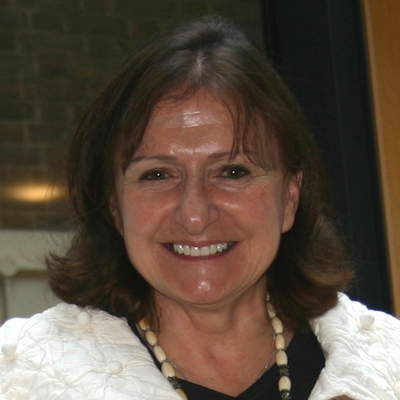Balancing studying and having fun over the Christmas break is a challenge! In this blog, three student ambassadors, Becca Aveson, Cecilia Danielsson and Shweta Menon, share their tips on how to enjoy Christmas whilst staying on top of your studies.
Becca Aveson, MA Museum Cultures student
One thing I like to try and do is give myself some mini targets and goals to reach each day that I study. This helps me overcome the holiday fatigue and pressures and puts less stress on me if I feel I am not working to my potential. My usual go-to is writing a bullet point list of things to do for that day, for uni, my job or any other tasks, including; reading and research, household chores, or work on ongoing projects like my dissertation(!).
Don’t try to do too much in the day focus on one assignment, and then look at what you need to do for that. As you go through your list, set yourself some goals and rewards – such as after reading a chapter of a textbook, have a chat with someone you live with or have a coffee and a mince pie – or whatever makes you feel happy! This way you won’t feel as though you’ve missed out on any festivities, and when it comes to the various social gatherings you attend you won’t feel that pressure to be studying and you can enjoy yourself!
Cecilia Danielsson, BA Linguistics and Language student
Studying during Christmas arrives with greater distractions, making it harder to focus and get assignments over the finishing line. However, Christmas introduces frivolity and fun and means we can decorate our study areas. I’d recommend putting up a miniature Christmas tree on your desk and finding fresher stimuli for mind maps, such as using Christmassy colours, like red and green. You could also put some Christmas music on in the background and lightly scented candles whilst you are studying. The festive period provides a time for reflection on the year gone by; use it to celebrate your achievements so far and have a wonderful Christmas break!
Shweta Menon, BSc Marketing student
- It’s the most wonderful time of the year to SCHEDULE
Plan how you are going to study and spend time with friends and family. Ask your family and friends what they’ve planned out over the festive period and set aside a couple of hours in the week for your social activities. Share your study schedule with them so they know when you won’t be available. Give yourself some zero-study days such as Christmas Day, Boxing Day and New Year’s Eve – these days you must switch off completely and soak in all the festivities!
- Santa Claus is coming to the coffee shop
Studying at home with festivities around can be quite a distraction so try finding a cosy coffee shop or library where you can focus and get your studies done effectively.
- All I want for Christmas is someone to help me…
Seek support from your friends at university. They are in the same boat as you. Make study groups with your friends for revision, sharing notes and assignments.
- Have yourself a merry little Christmas
Lastly be too hard on yourself. Take time out to enjoy the festivities and refresh your mind because: “All work and no play can make Jack a dull boy!”







